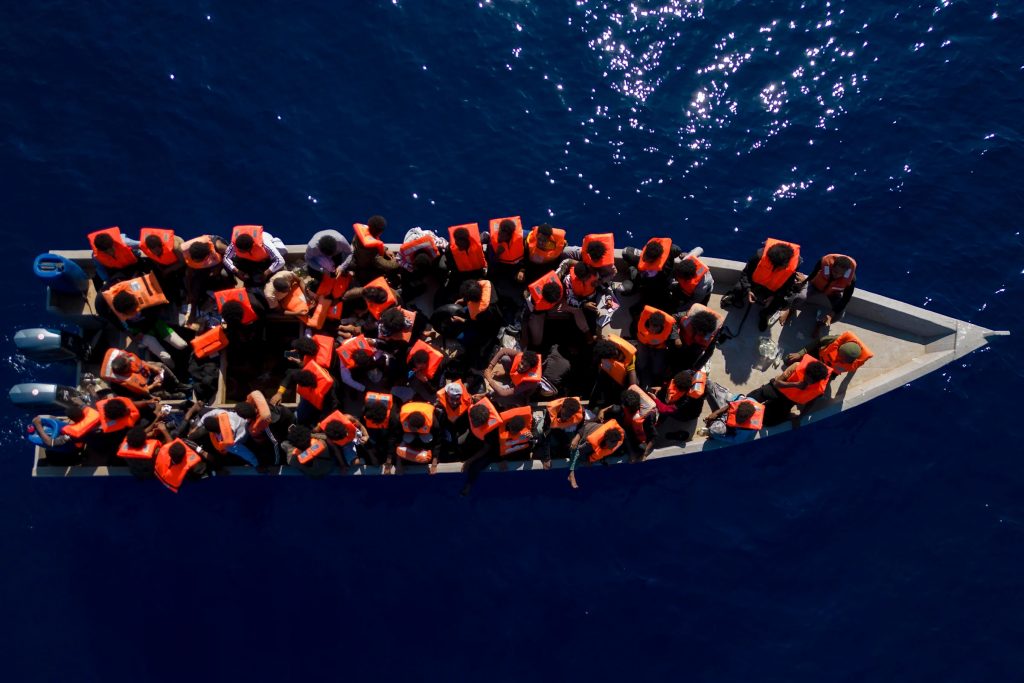A Dutch court has begun the trial of an Eritrean man accused of leading a brutal migrant smuggling network that targeted people fleeing East Africa. The man, known as Tewelde Goitom or by the name Amanuel Walid, is suspected of running a trafficking operation that brought migrants to Europe under severe and dangerous conditions.
Prosecutors say Goitom helped control routes where people were taken from East Africa to Libya and then toward Europe. They claim migrants were trapped in camps in Libya, where their relatives were forced to send large sums of money to secure their release. Many families faced threats, violence, and fear while trying to save their loved ones.
Goitom denies the accusations and says he is the victim of mistaken identity. Speaking through an interpreter in court, he insisted he is the same person he claimed to be in earlier legal records. He was previously extradited to the Netherlands from Ethiopia in 2022 and had already been convicted in a separate case involving similar crimes.
This new trial is considered one of the largest migrant smuggling cases ever handled in the Netherlands. The proceedings are expected to continue for around three weeks. The case was delayed partly due to the extradition process of another man, Kidane Zekarias Habtemariam, who escaped from custody in Ethiopia in 2020.
Habtemariam, described as one of the world’s most wanted human traffickers, was later detained in the United Arab Emirates. The Netherlands also plans to extradite him and combine his case with Goitom’s. The defense hopes Habtemariam will testify in a way that supports Goitom’s claim of innocence.
Why does the Netherlands have the right to try the case?
Prosecutors argue that some parts of the smuggling network operated within the Netherlands, including money transfers and communication. Defense lawyers disagree and say most activities happened outside the country.
The case comes at a time when the Netherlands has seen more young Eritrean migrants arriving. Many are fleeing a government known for harsh national service rules that can last for years. A recent UN investigation found that Eritrean conscripts have faced torture, forced labor, and sexual violence. Dutch statistics show that about 28,000 people of Eritrean background are currently living in the Netherlands.
As the trial continues, the case highlights the dangerous migration routes many people feel pressured to take while escaping oppression. The outcome could shape how Europe handles future cases involving international smuggling networks and migrant exploitation.

